
The World Health Organization (WHO) has donated five motorbikes to support Guinea worm disease surveillance and elimination activities in Ethiopia’s Gambella region. These motorbikes will be used to intensify efforts in the endemic districts of Gog and Abobo woredas.
The handover ceremony, held on Thursday, June 20th, 2024, at the regional Health Bureau, highlighted WHO Ethiopia’s ongoing commitment to eliminating Guinea worm and other neglected tropical diseases.
Renewed Collaboration to Achieve Eradication
Regional Health Bureau Head, Rot Gatwich, expressed gratitude for WHO’s support and emphasized the need for collaboration from all partners and stakeholders. Despite significant progress, with no reported human cases in 2023 (except for one dog infection), Guinea worm persists in some parts of Gambella.
“Guinea worm not only affects public health but also harms Ethiopia’s image,” Gatwich said, stressing the importance of collective action to strengthen ongoing efforts.
WHO’s Continued Commitment
Dr. Zeyede Kebede, WHO Ethiopia’s National Professional Officer for Neglected Tropical Diseases, acknowledged Ethiopia’s progress but emphasized the need for continued efforts to achieve global eradication. WHO, he reaffirmed, remains committed to supporting national elimination activities.
Concerted Efforts Needed for Success
Mr. Chuol Pock, the Gambella regional hub coordinator, echoed the call for a united front against Guinea worm disease.
Guinea Worm Disease: A Parasitic Threat
Caused by the Dracunculus medinensis parasite, Guinea worm disease is transmitted through contaminated water. This parasite, reaching lengths of up to 800 millimeters, emerges from the body, typically from the feet, releasing larvae and perpetuating the cycle.

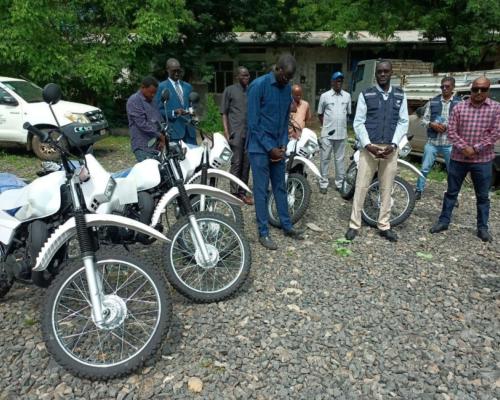
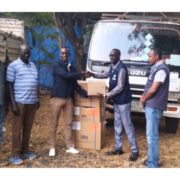
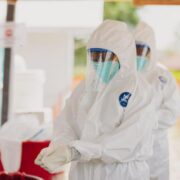


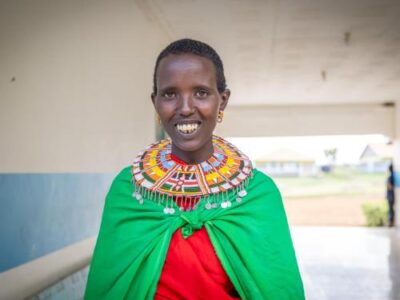
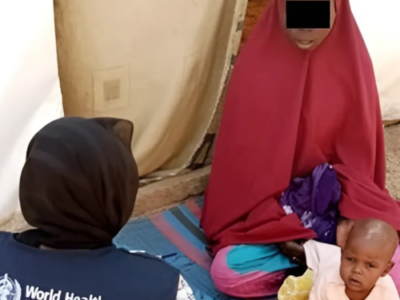

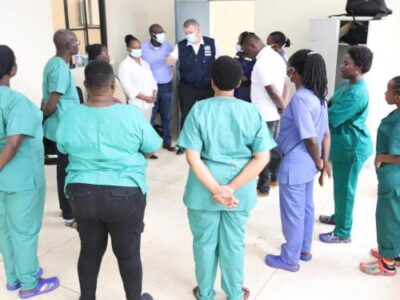

Comments